Seeing her husband carefully take down the ax hanging on the smoky kitchen wall to clean it, Mrs. Peng knew that tomorrow Mr. Peng would go up the mountain to carve a boat for someone. The farm work needed him at home, but she did not stop him... Making boats was not a profession, it was like carving tomb statues, building a mausoleum, if people paid, it was symbolic. However, his work was not unrelated to her: When the wooden boat was not yet lowered, she had to abstain from heavy work like chopping wood, digging the ground; she was not allowed to bathe, wash her hair, and especially not make wine to worship Yang... Yang gave her husband the skill of doing things that no one else could do, if he did not abstain, he would make Yang angry. Yang tied his wife and husband together with a rope; if one fell, the other would fall too. That was why she had never dared to disobey her husband's rules...
“Oh Yang Kong, Yang Ia, please come here and bless the tree to fall safely; for the boat to swim like a fish on the river despite strong winds and waves; for its owner to be strong and intelligent, to catch a lot of fish when fishing; for the farm to yield a lot of rice, oh Yang!” While shaking the bright green steel ax blade, Mr. Peng asserted the prayer that Yang had memorized. For each boat that was born, he had to recite the prayer twice: the first time was when he chose the tree he liked and lowered it; the second time when the boat was completed and “launched” safely. The offerings for each worship were simple, including a chicken, a jar of wine, etc.
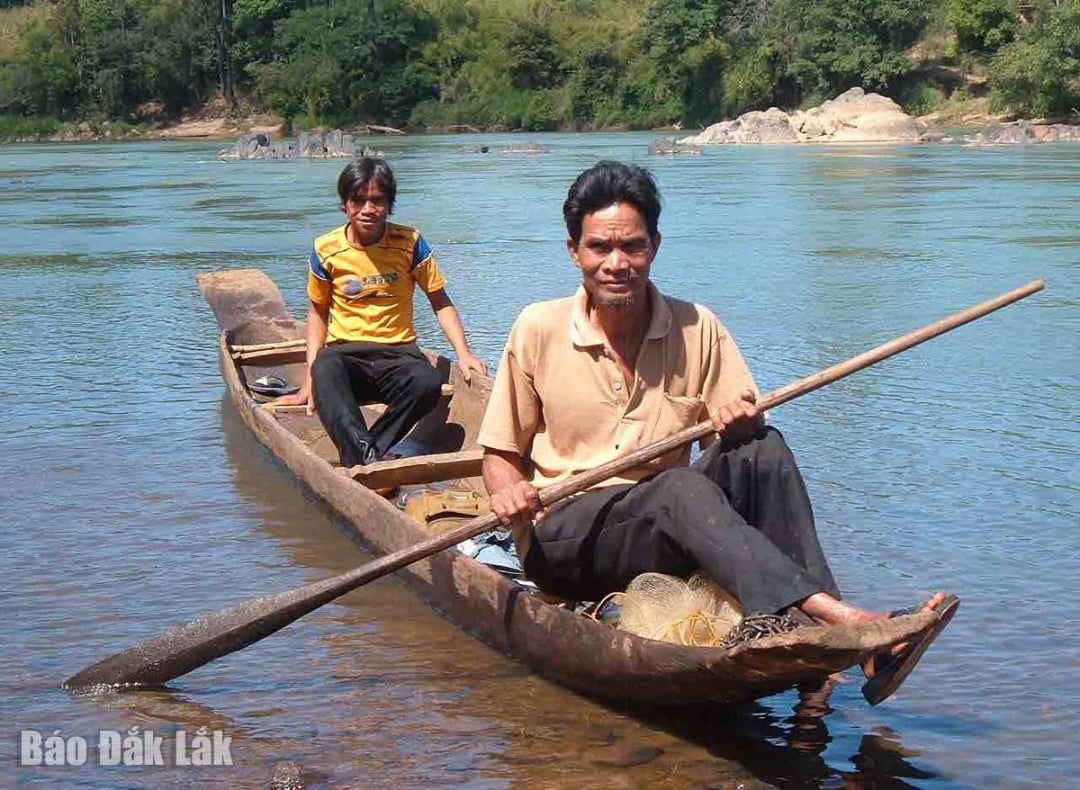 |
| Dugout canoe. |
Making a boat is a hard and sometimes dangerous job. With just an ax (which can only be used for carving the boat, absolutely not for any other purpose) under the skillful and diligent hands of the craftsman, the dugout canoe on the Po Ko River has become an unmistakable "literary" feature: Amidst the deep blue sky of the great forest, in the roaring sound of the endless rapids, the boat glides gently like a flower petal someone dropped on the river... To have a slender, brave boat that can withstand the rapids and fierce waves, the craftsman must have a keen eye and innately skillful hands... The wood used to make the boat is chosen from green star tree, with a diameter of one person hugging or more; 5-6 m long, without rough barbs. After cutting down the tree, people proceed to carve the boat right in the forest, while carving and lighting a fire to dry it. For a medium-sized boat like that, the craftsman needs at least half a month in the forest. The most difficult thing is to make the boat float evenly when it is in the water (no repairs are allowed after it has been launched). To do this, the boat builders here have a rather… mysterious way: They turn the boat upside down, and place a chicken egg vertically in the middle of the boat's back. If the egg does not fall over, the boat will not tilt when it is in the water…
Each boat launch is a festival for the villagers. Those with chickens contribute chicken, those with wine contribute wine, and together with the host, form a community party. The boat builder will be invited to drink by the host in front of everyone as a reward for his skill and effort…
Mrs. Peng thought that her husband was really asked by someone to build a boat, but it turned out that he wasn't... After a while, Mr. Peng sobbed and hung the ax back up in its original place. Did he miss his job?
Talking about the dugout canoe on the Po Ko River during the years of fighting the Americans, we cannot help but mention the heroic boatman A Sanh...
A Sanh's real name is Puih San. Born in this Nu village, his exploits are also associated with the majestic Po Ko river. His dugout canoe fought against the strong current for more than 1,000 days and nights, with enemy bombs and bullets overhead, transporting hundreds of troops across the river to fight the Americans... The sleepless nights and the image of the heroic ferryman inspired the song that has been with us for many years, "The Ferryman on the Po Ko River" by poet - journalist Mai Trang and musician Cam Phong. However, there is more than one A Sanh on this river.
Although the years have passed, in Mr. Peng's memory, the heroic image of the dugout canoe during the years of fighting the Americans is still vivid: When the night had just darkened the river, dugout canoes from all directions raced across the waves to pick up the soldiers. It is impossible to count, impossible to remember how many soldiers crossed the river on these fragile boats. Countless people along the Po Ko River transformed into silence A Sanhs and Mr. Peng was also an "A Sanh", rowing the boat to pick up and drop off the soldiers for more than a year... Because of this, until now people still argue endlessly about the name "A Sanh". Some people think that it was Puih San's "alias" when he participated in revolutionary activities in the village. However, many people think that "A Sanh" is a name that originated from a "mistake" by poet and journalist Mai Trang. Puih San is a J'rai, and his Vietnamese is still broken, so when he said his name "San", it was written as "Sanh". As for “A”, the Xe Dang people originally did not have a family name; later, men often add “A” and women “Y” before their given names for ease of calling. When he first entered the Central Highlands battlefield, the poet thought that the J'rai people were like the Xe Dang. From the given name of one person, A Sanh became a common name for everyone...
Regarding this, I would like to quote a passage from the article “The Legend of the Song “The Ferryman on the Po Ko River” by writer Trung Trung Dinh – a former soldier in the Central Highlands battlefield: “A Sanh, that is the name composed by poet and journalist Mai Trang based on a real prototype. Even the poet did not know that, right after its birth, his character's name immediately became a symbol, a common name for ferrymen on the rivers in Truong Son: “A Sanh, let me cross the river with you”; “A Sanh, which unit will be given priority to cross the river first tonight?”. There are river ports where the ferrymen are called A Sanh as female soldiers by our soldiers. There are river ports where A Sanh is a male soldier. There are river ports where A Sanh is a main force soldier. There are river ports where A Sanh is a local army soldier, a militia and guerrillas. Only the song about A Sanh includes everything, because when singing it, everyone feels themselves in it..."
*
It has been a long time since anyone came to Mr. Peng to carve a boat. The young generation has not seen any, but the old generation is gradually disappearing. Now, in the whole Nu village, only Mr. Peng and his older brother Ro Mah Duyt are leaving...
Knowing how to make boats since he was young, Mr. Peng cannot remember how many boats he has made. In the past, every village along the Po Ko River had a boat. The dugout canoe was associated with every step on the field, with every joy and sadness on the river... But then life changed every day. No longer wandering along the fields like in the nomadic era, then the forest gradually receded, large wood for making boats became scarce... Especially the appearance of motorbikes has made the joy of the river gradually cool down. There was a time when people competed to sell boats. Each boat that could still be used for more than ten years costs only 3 - 4 million VND depending on its size. Ten years ago, Nu Village had many boats, now there are only 4 houses left. The dugout canoe almost only flashes with joy when the district organizes a boat race every year...
Knowing that it was impossible, Mr. Peng still feels sad...
Source: https://baodaklak.vn/xa-hoi/202506/vang-bong-thuyen-xua-88d1006/


![[Photo] Prime Minister speaks at the High-level Discussion Session of the Expanded BRICS Summit](https://vphoto.vietnam.vn/thumb/1200x675/vietnam/resource/IMAGE/2025/7/7/70b6e323f350404fa23f60527a4a8794)
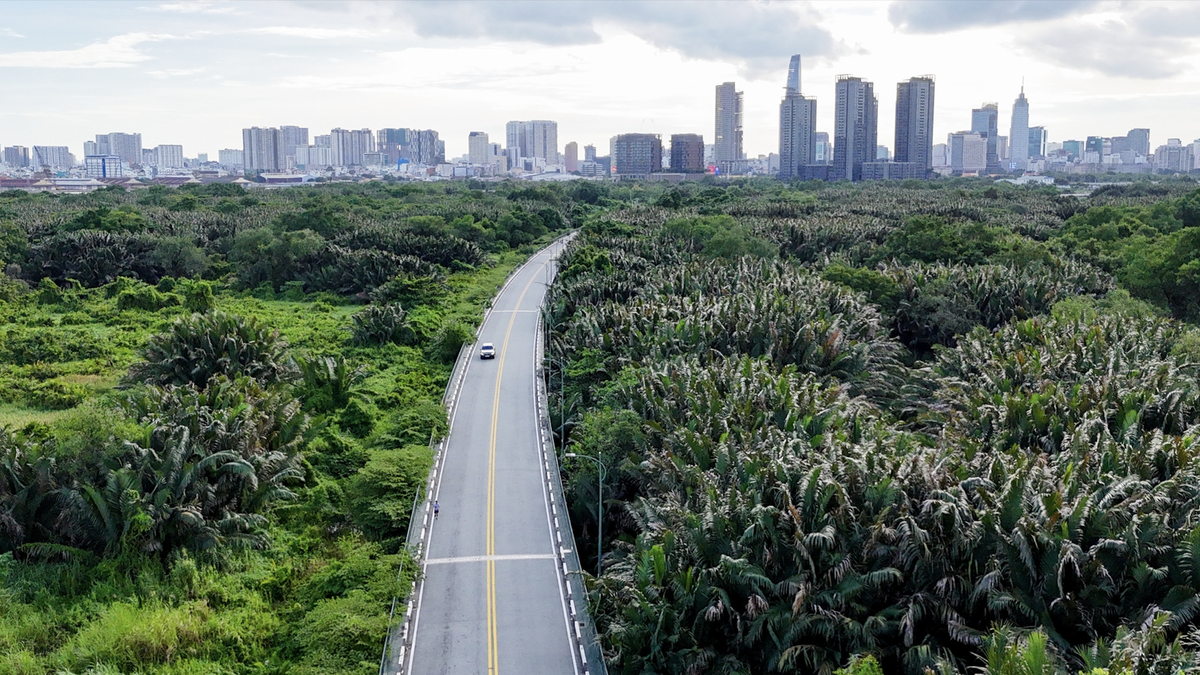
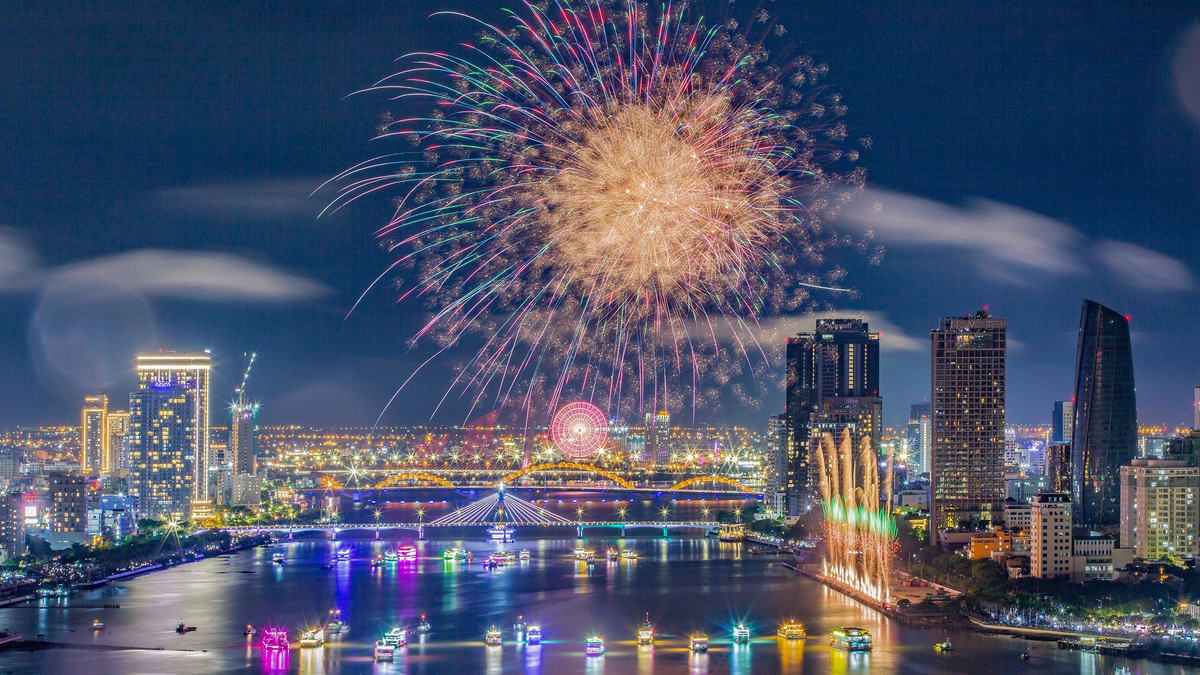
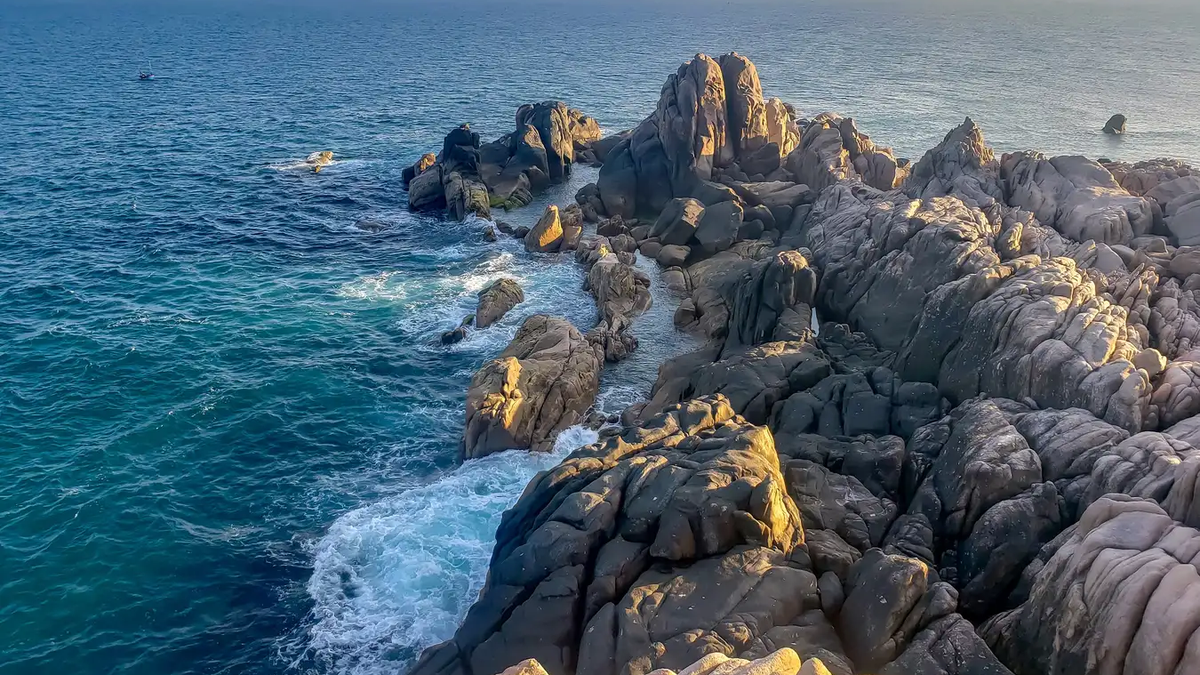
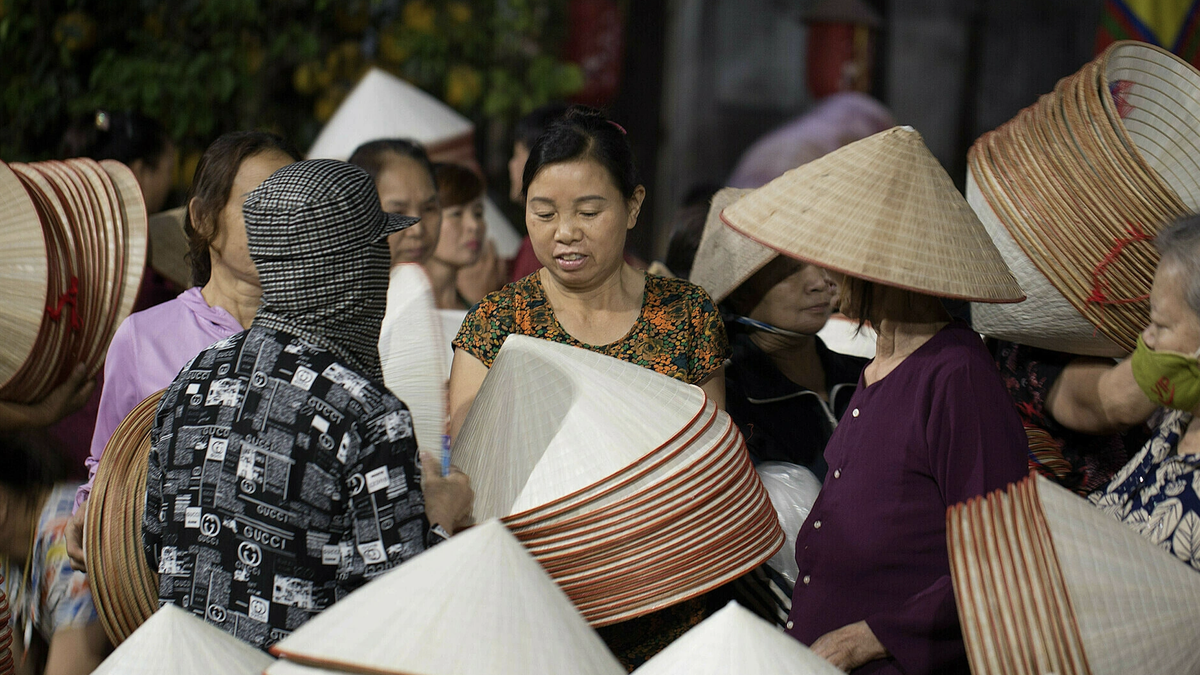
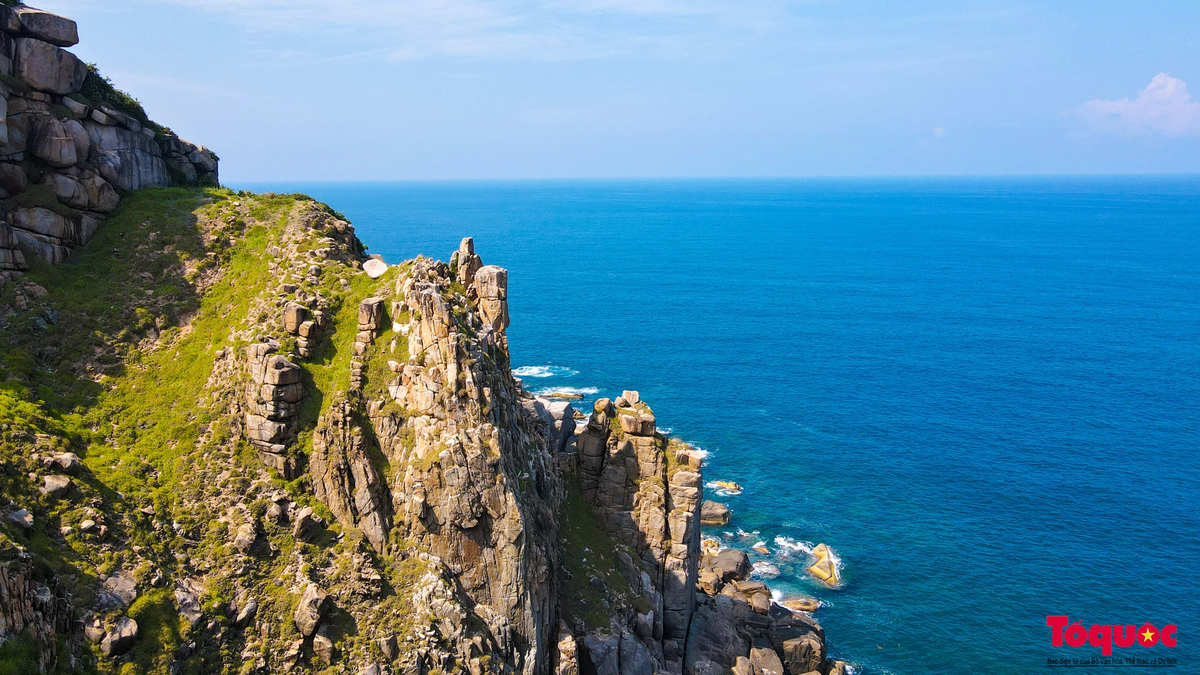


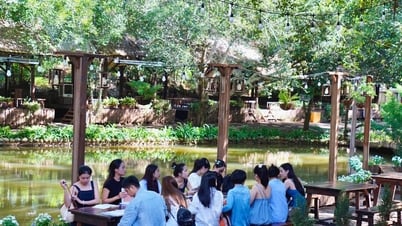

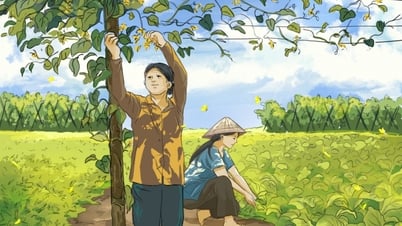
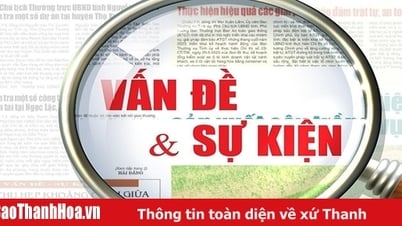


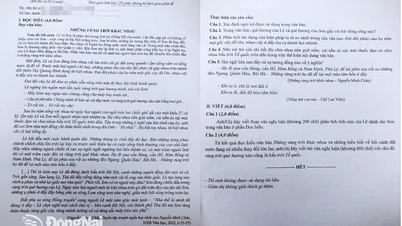

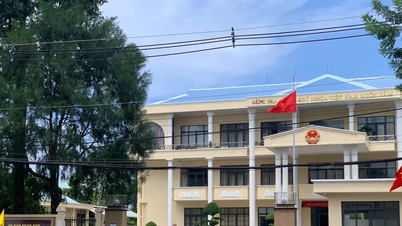















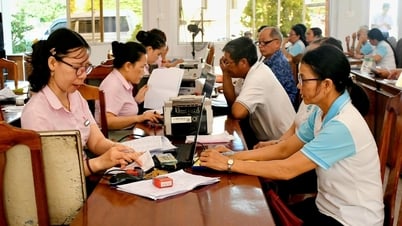
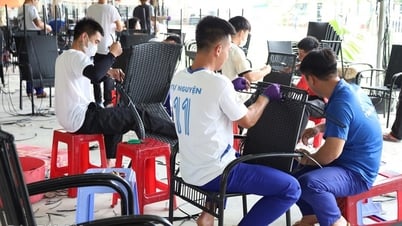
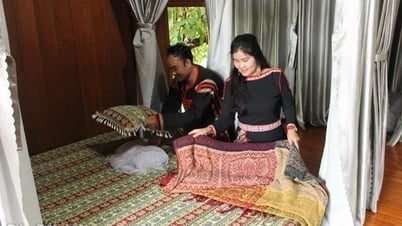


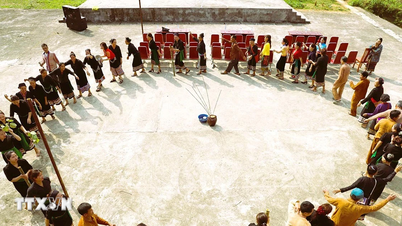

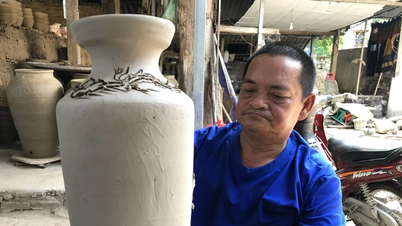

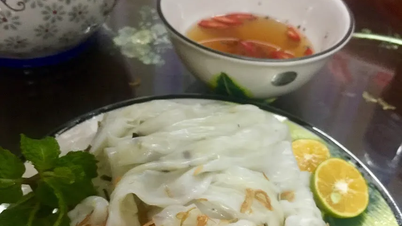
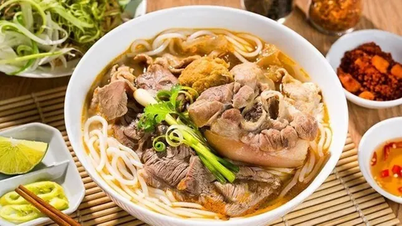

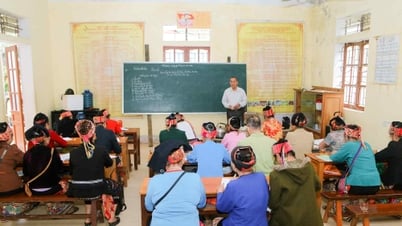

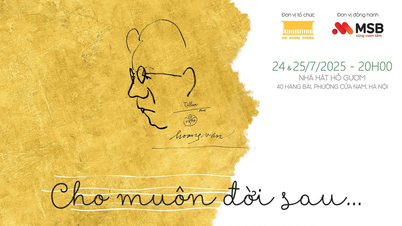














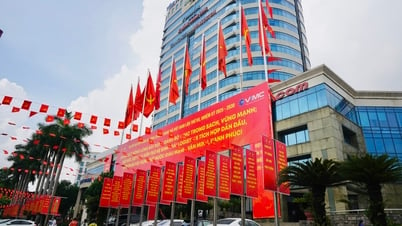


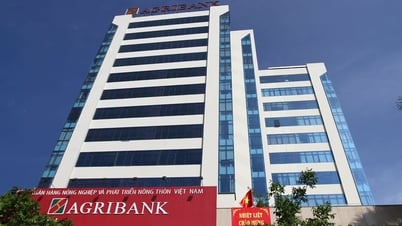



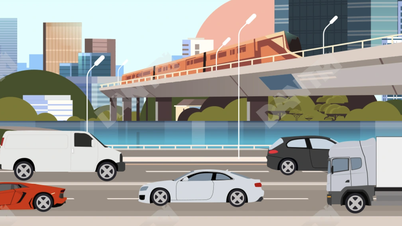



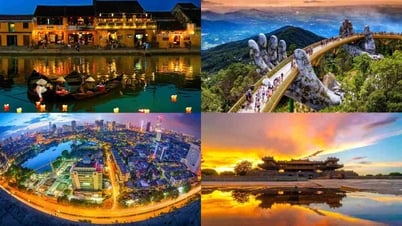
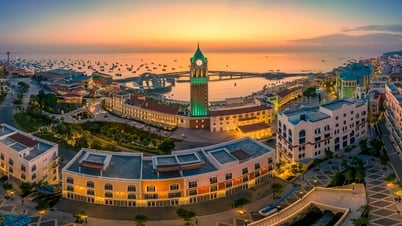



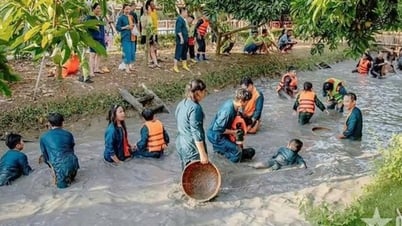

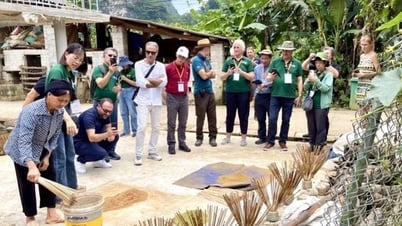
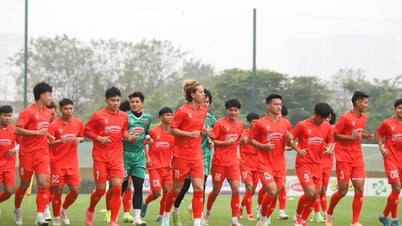






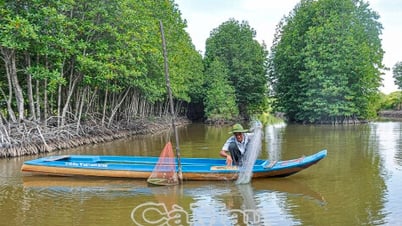








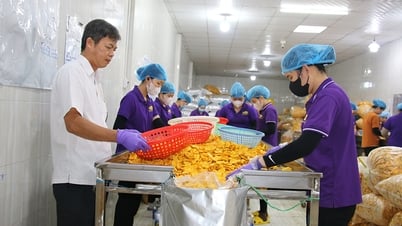




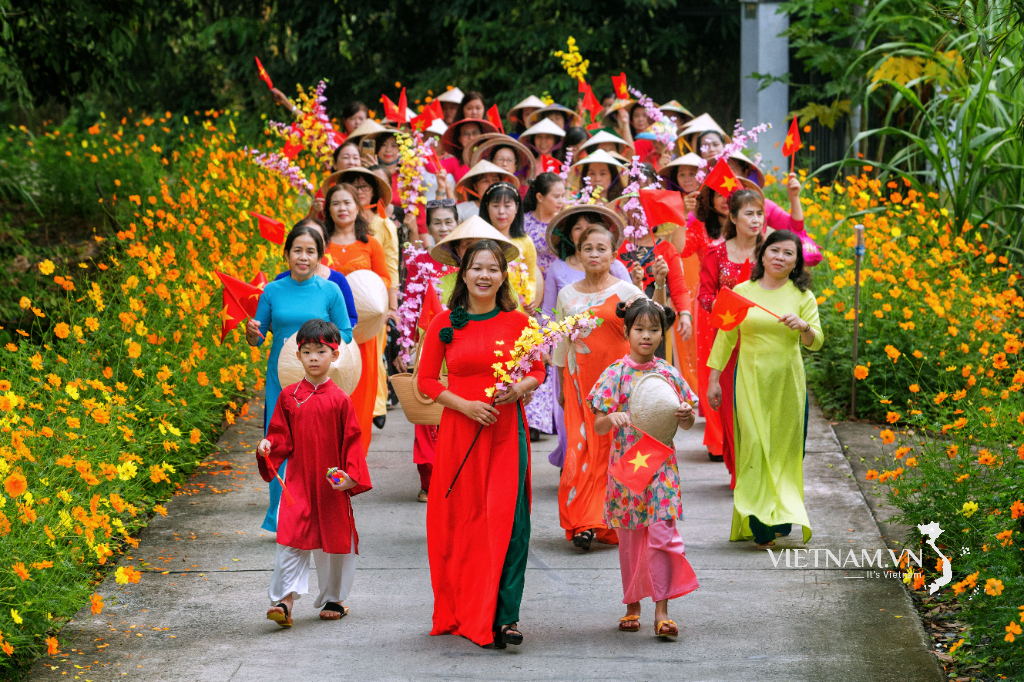
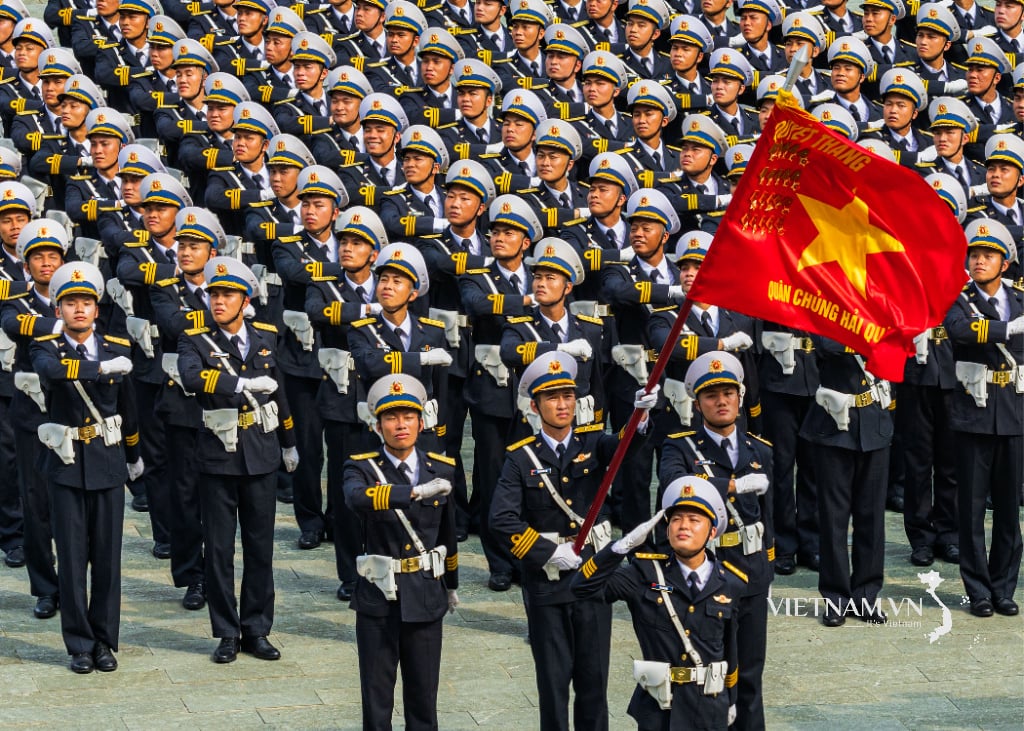
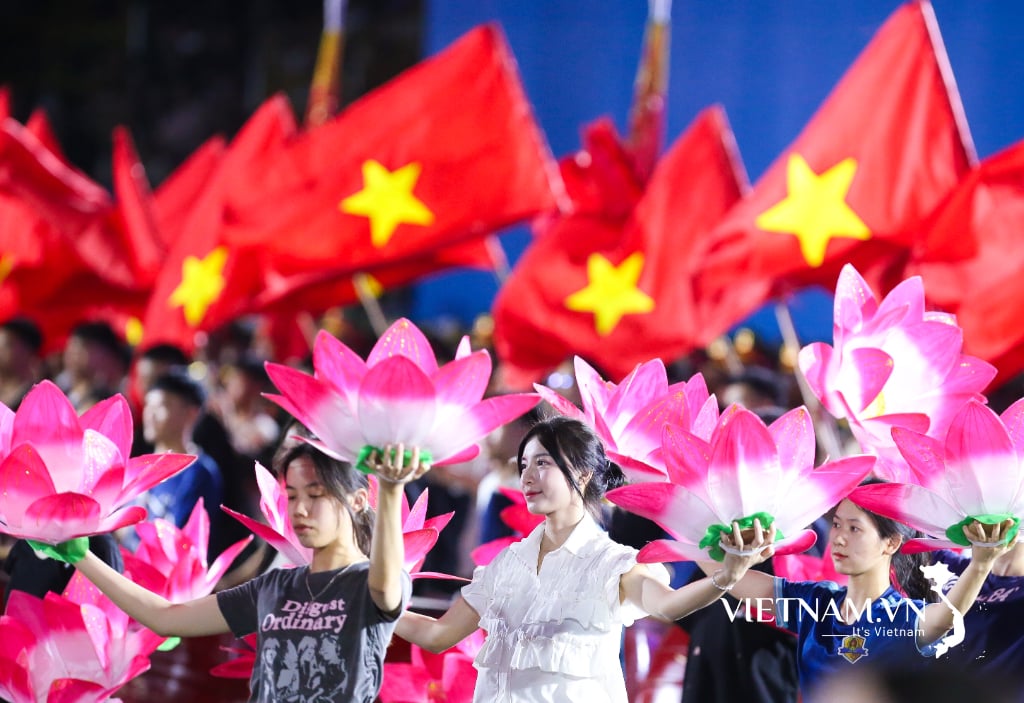
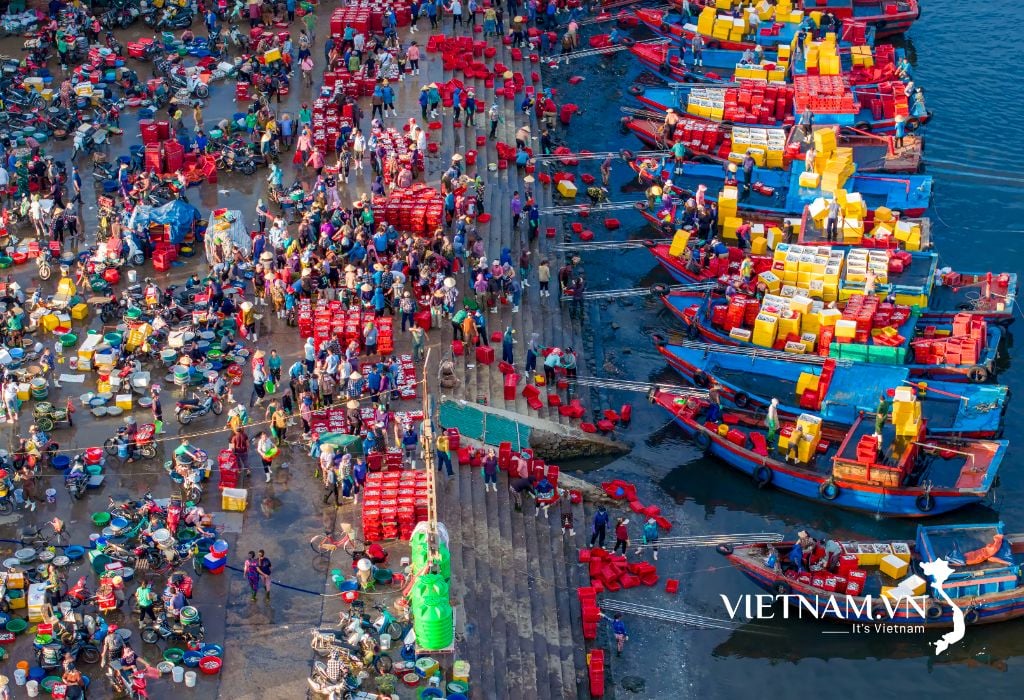
Comment (0)